If a major U.S. bank were to collapse tomorrow, the economic and societal impact would be swift and dramatic. Understanding what to expect and how to prepare can help you stay ahead of the chaos.
Immediate Fallout: The First Few Hours
When a bank collapses, the news often breaks outside regular business hours. Regulators tend to close banks late Friday to avoid a weekend panic. But in the age of smartphones and social media, word spreads fast. As soon as rumors hit the internet, customers may rush to withdraw their funds. These are not just traditional bank runs with long lines at branches. Today’s digital bank runs happen instantly through apps. In the 2023 failure of Silicon Valley Bank, $42 billion was withdrawn in a single day.
Within hours, online banking systems may crash or be frozen. ATMs could be emptied. People will still show up in person, lining up outside branches. Think back to the 2008 IndyMac collapse when police had to control crowds outside the bank.
Bank officials and regulators will issue public reassurances, but that will not stop the rush. Even people with accounts at different banks may panic and start pulling cash, triggering a chain reaction.
First Few Days: Government Moves to Contain Panic
Once the collapse is official, the FDIC steps in. Its job is to make sure insured depositors get their money, typically up to $250,000 per account. In most cases, that happens within a few business days. Regulators may transfer accounts to a new bank or issue checks.
But if you had more than the insured limit, the rest of your funds will be frozen. You will receive a certificate for the uninsured portion and might recover some of it later through asset liquidation. This process can take months or even years.
To calm the public, federal agencies might expand deposit guarantees or raise insurance limits temporarily. The Federal Reserve will likely provide emergency liquidity to banks, trying to keep ATMs stocked and credit cards working. Despite these efforts, expect service outages, delayed transactions, and restricted access to accounts.
Other banks might react by tightening credit. Your available credit lines could shrink, and new loans may be harder to get. The stock market may dive, affecting retirement accounts. In the background, politicians and financial leaders will scramble to contain the crisis.
Week Two and Beyond: Ripple Effects
If the failure is contained, confidence might return within a few weeks. But if it triggers other failures, the situation can spiral. Customers might rush to pull money from multiple banks, even healthy ones. In the 2008 crisis, a single failure quickly led to others.
Businesses could struggle to pay employees if their accounts are frozen. Individuals may face issues paying bills or accessing their savings. Some banks might restrict daily withdrawals or limit online transfers. Economic slowdown is likely if lending dries up.
Credit unions, backed by the NCUA, might see an influx of new customers. Gold and silver dealers could sell out quickly. Those already prepared with diversified assets and cash on hand will be far more resilient.
This is where a carefully managed supply stash becomes priceless.
What We Learned from 2008
The 2008 financial meltdown offers valuable lessons. Back then, regulators bailed out banks and reassured the public by temporarily raising deposit insurance limits. Swift intervention was key.
But 2023 showed how much faster things can move now. The collapse of Silicon Valley Bank happened in just two days, accelerated by online rumors. Washington Mutual’s failure in 2008 took eight months. Speed is the new danger. Social media and digital banking mean trouble spreads faster than regulators can react.
Another change since 2008 is the concept of “bail-ins.” Instead of using taxpayer money to bail out banks, regulators might force large depositors and investors to absorb losses. This means if you have more than $250,000 in one bank, you might see some of your funds converted into bank stock or frozen entirely.
But one thing remains constant: deposits under the insured limit have always been protected. The surrounding economy, however, may not be so lucky. Jobs, credit, and prices can all be affected.
How to Protect Your Savings Now
- Spread Funds Across Institutions
Do not keep more than $250,000 in any one bank. Diversify across multiple banks or account types to ensure all your money is covered. Credit unions offer similar protection. - Mix Large and Small Institutions
Keep money in a mix of large and local banks. Big banks may get bailed out due to their size. Smaller banks may be more conservative. Use both for coverage and flexibility. - Keep Cash at Home
Store enough cash to cover several weeks of expenses. Use small bills. Store it safely and discreetly. This protects you if ATMs are down or banks freeze accounts. - Own Precious Metals
Gold and silver do not rely on any banking system. They hold value even in a crisis. Silver coins are especially practical for barter. Store them securely. - Invest in Tangible Assets
Hard assets like land, tools, and durable goods can be used or traded. Avoid tying all your wealth to digital accounts. If the grid goes down, paper statements and physical items still matter. - Monitor Your Bank’s Health
Watch for red flags like stock price drops or news of losses. These may signal trouble. Act early if you see warning signs.
Backup Payment Options
- Cash
Cash still works when the digital system fails. Keep small bills for easy transactions. Do not depend solely on cards. - Peer-to-Peer Apps
Apps like PayPal or Cash App may still function if the internet is up. Keep small balances in multiple platforms. Set up accounts in advance. - Precious Metals
Use silver or gold for trade, especially within prepper communities. Learn their value now so you can barter confidently. - Barter Networks
Form relationships in your community. Trade goods or services directly. Local trust becomes currency when banks are down. For practical barter items, books such as Lost Ways highlight traditional goods that carried communities through hardship. - Gift Cards
Prepaid cards to major retailers can act as temporary currency. Use cautiously. They are not immune to failure but can bridge gaps.
Build a Barter-Ready Stockpile
Focus on items that are always in demand:
- Food and water: canned goods, rice, coffee, and water filters
- Medical supplies: OTC meds, bandages, antiseptics, and knowledge
- Ammunition: especially common calibers, trade carefully
- Fuel and light: propane, gas, batteries, candles, and solar lights
- Hygiene items: toilet paper, soap, feminine products, and cleaning supplies
- Tools and skills: hand tools, duct tape, fishing gear, and practical skills
- Comfort goods: alcohol, tobacco, coffee, and books can ease morale and become trade items
Only trade what you can spare. Never give away your last essentials. Build trust in your local barter network now to avoid desperation later.
Conclusion
If a major bank collapsed tomorrow, the fallout would be fast and severe. But with preparation, you do not have to be caught off guard. Diversify your savings, store cash and trade goods, and develop alternate payment options. Learn from the past. Build your stockpile. Join or form a barter network.









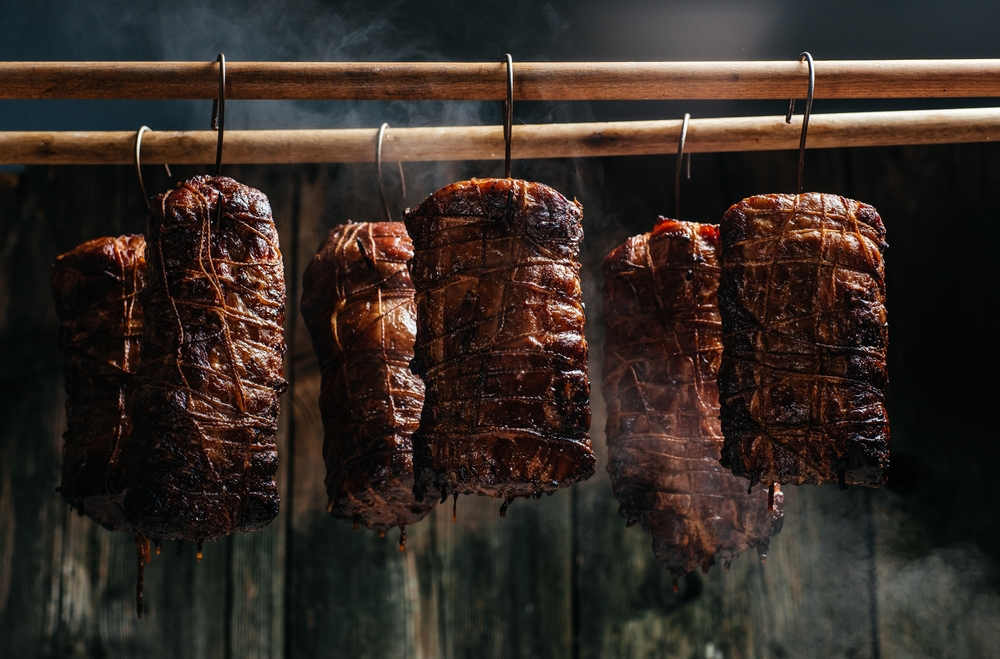











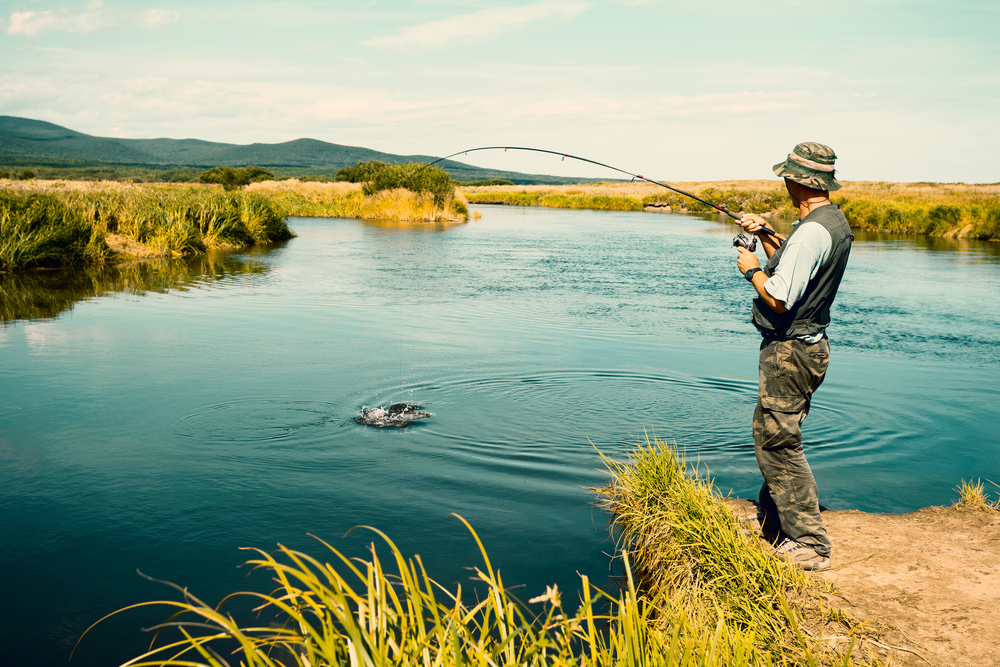


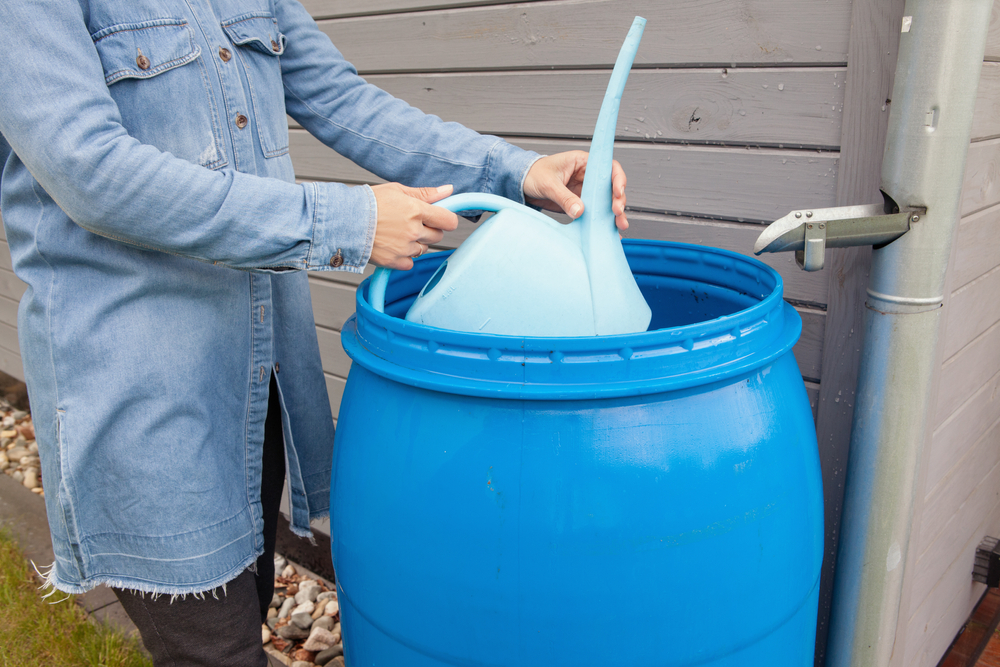



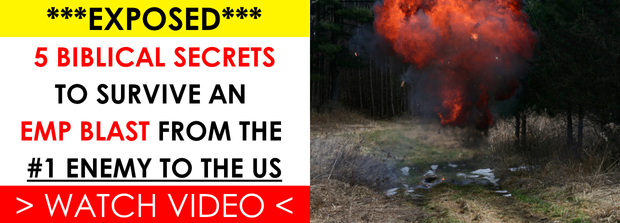









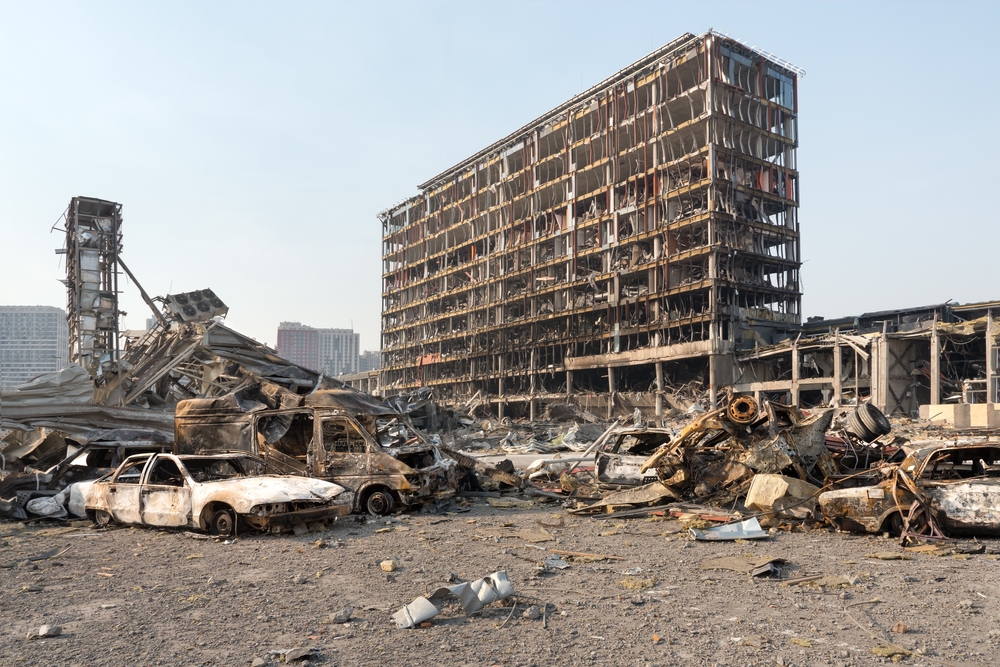
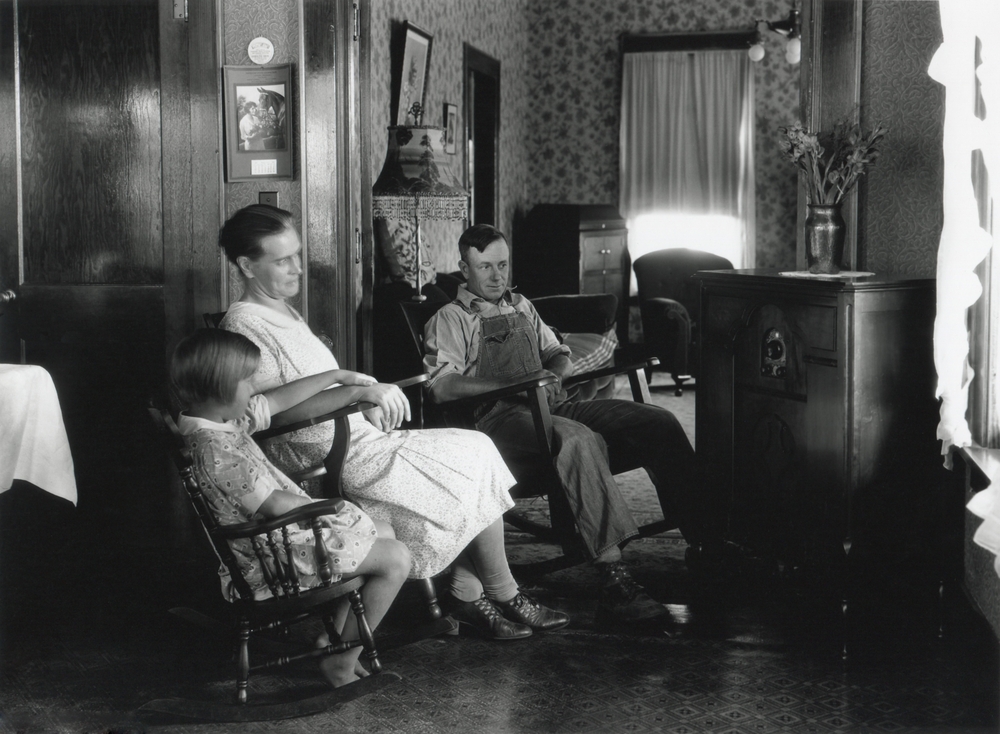














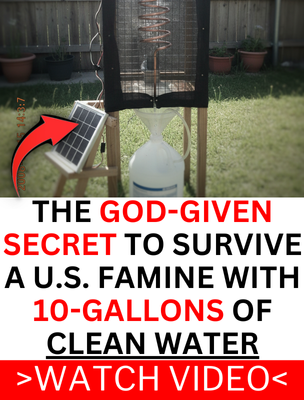



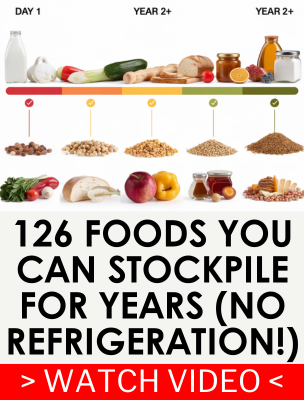
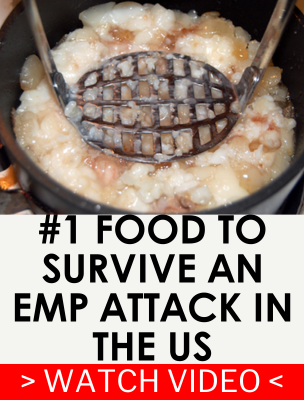
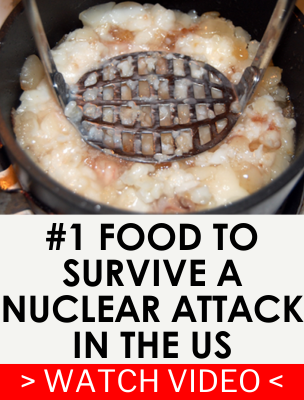

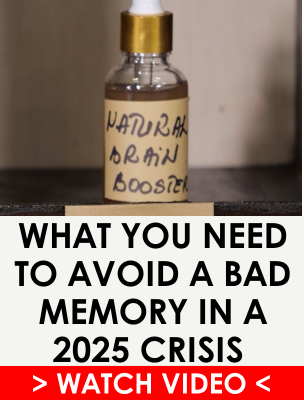
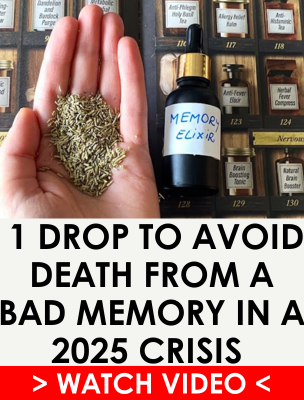



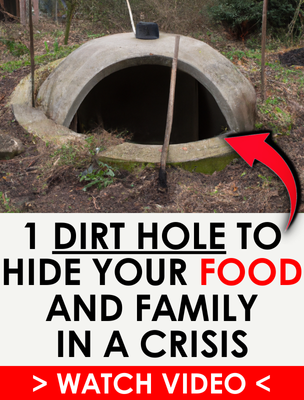
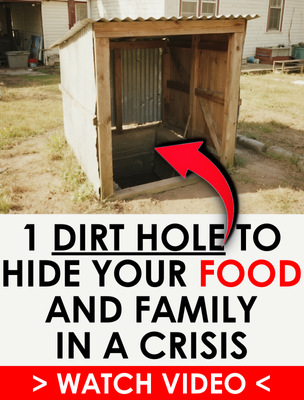


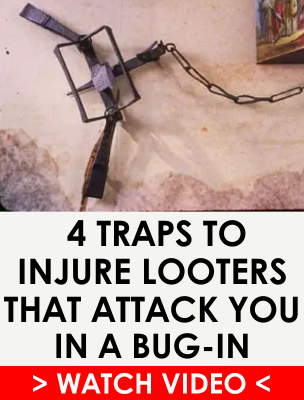








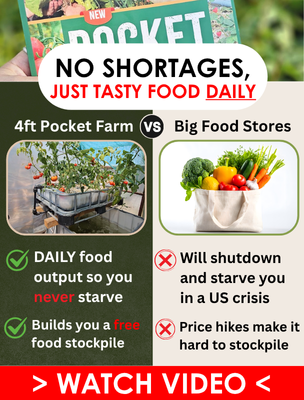


I agree with everything you’ve said a lot of good things most of which I’m already doing but I always learn something by reading. I know this next comment I’m going to make may sound weird but I think one of the most important things you can stockpile for use and bartering is matches they’re cheap plentiful currently and can be very useful obviously in a crisis I can currently get three boxes of 250 matches each at WinCo for a dollar 88. Practically useful item easy to trade
Bicycles that are simple , easy to repair, a bicycle can roll down a dirt road with ten gallon of water easily with a simple
Rack that’s used to carry newspapers
Still can find the set up .
Seek LIFE SAVER WATER FILTERS SYSTEM
THE BEST FILTERS
JUST PLAIN WORK
WATER IS LIFE